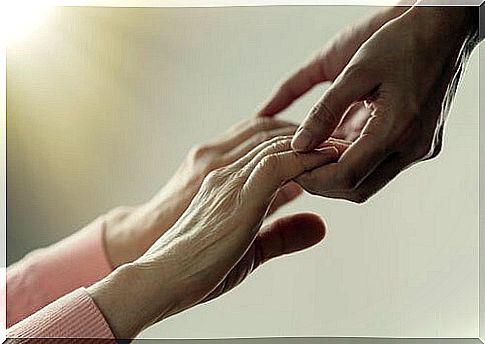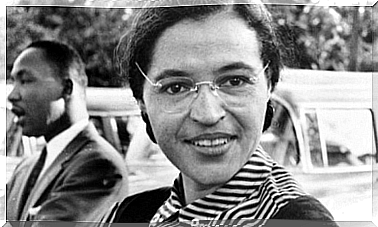Change Is Born With Your Example, Not With Your Opinion

The principle of education is to lead by example. In fact, we are all someone’s role model or reference: a source of influence. In this sense, opinions that are not followed by examples are of little use. Even bad examples serve more than good opinions: they are a reference to know what not to do.
From infancy to old age, we learn by example and from direct experience. This type of learning occurs by observing the behavior in another person and requires a series of factors for it to occur correctly. Specifically, the person who sets an example must have characteristics that are interesting to the observer. In addition, for vicarious learning it is preferable that the behavior is instrumental and repeated after seeing the example.
This is how this type of learning pays off, many times more quickly, efficiently and economically than with other types of didactics. Of course, there are certain behaviors, especially risky ones, that cannot be learned from examples alone.
There is only one education, and it is the example
How many people can be attracted by a good example? How many people can you captivate with your opinion? Apart from public speaking and a good defense of our opinions, the examples are much more educational because they reinforce the learner: they can almost directly appreciate the most probable consequences of a certain behavior.

Education is not only produced through the word, the practical part in some way is the ultimate goal of learning. If we want to educate our children, nephews or students, we must bear in mind that no matter how much we tell them, our actions will mark a before and after in their behavior.
It is inappropriate to give a series of orders and do others, both on a personal, social or family level. These types of people lose their effectiveness as models, due to the dissonance between their words and their actions, sending contradictory messages to the person who is observing.
With words you move, with example you drag
The example is the only lesson that all men can read. Words, on the contrary, are loaded with connotations and meanings. We are not going to deny that words can sometimes even be healing, and can produce a change of perspective, but in order to change a situation their effect is usually not very long-lasting.
If we want to change our attitude, our schedules, or our habits, it will not only be enough to repeat it over and over again, but the facts will be what make the difference. It is true that words put us on notice and make us think about which examples are appropriate, but only once the behavior has been carried out can learning be considered or the change considered complete.

Words have the power of conviction heard, but example has the power of truth seen and lived. Words are really powerful when they are supported by personal example, otherwise they would only be like metal that resonates, without any validity for the person who only hears words.
People who only speak will be able to convince others, but for a limited time, unless the persuaded can put what they have learned into action, in the first person, and experience its consequences. Words really have their strength in the example of the speaker. If there is no example, much of your example becomes effervescent









